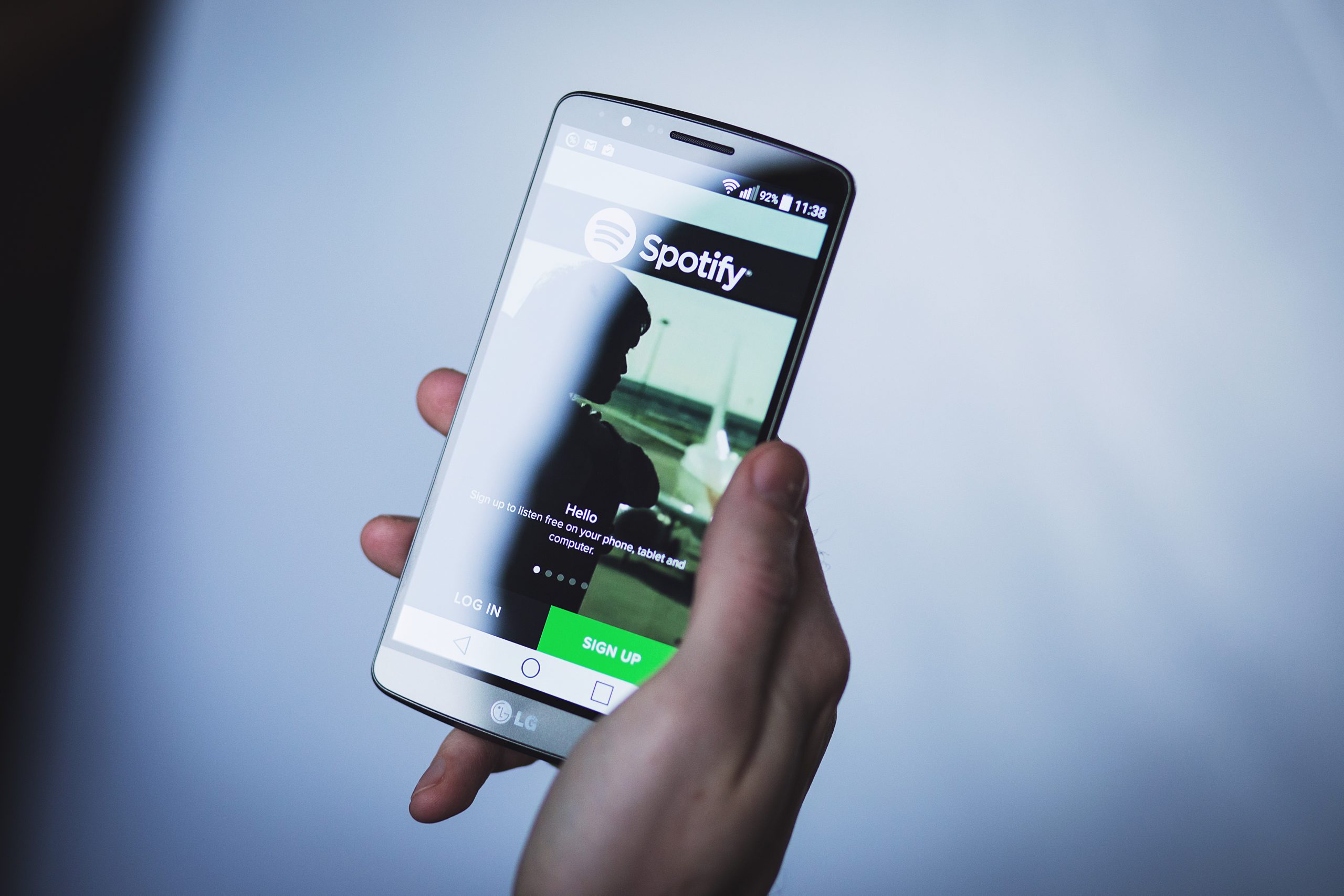AI-generated tracks have officially broken into music’s big leagues. Breaking Rust’s “Walk My Walk” topped Billboard’s Country Digital Song Sales chart while simultaneously claiming the #1 spot on Spotify‘s US Viral 50. The twist? Breaking Rust doesn’t exist. No band members, no recording studio, no late-night songwriting sessions fueled by energy drinks and creative desperation. Just algorithms generating country anthems that listeners couldn’t distinguish from the real thing.
These aren’t isolated flukes—they’re the inevitable result of a system nobody saw coming.
When Algorithms Flood the Charts
The sheer volume of AI uploads is reshaping how viral hits emerge.
The numbers tell a story that should terrify every independent artist grinding for streaming plays. Roughly 50,000 AI-generated tracks flood platforms like Deezer daily, representing one-third of all new music submissions. That’s not background noise; it’s a coordinated flood designed to game the system through sheer volume.
When you upload thousands of tracks, statistical probability alone guarantees some will catch fire. Meanwhile, 97% of listeners can no longer distinguish top-tier AI music from human compositions, according to recent Deezer research. Your emotional connection to that heartbreak ballad might stem from code, not lived experience.
Real Artists, Synthetic Competition
Human musicians now face an infinite supply of algorithmically generated rivals.
“What you have here is 50,000 tracks a day that are competing with human musicians,” explains Ed Newton-Rex, musician and AI music ethicist. “You have a new, hyperscalable competitor and, moreover, this competitor that was built by exploitation.”
The economic math is brutal for human artists competing in this new landscape. Human artists spend months crafting albums, booking studio time, and building authentic connections with audiences. AI acts bypass all of that, using services like DistroKid to distribute unlimited content directly to major streaming platforms.
Breaking Rust’s chart success came through actual paid downloads—people chose to purchase music from artists who never existed. Even more telling: JW “Broken Veteran” briefly dominated Spotify’s global viral chart with an anti-migrant anthem before the track’s removal.
Platforms like Spotify maintain strict neutrality, pointing to copyright holders rather than making content decisions themselves. This hands-off approach leaves the music ecosystem vulnerable to synthetic manipulation while human artists compete against infinite, artificially generated competition.
The question isn’t whether AI music sounds real—it already does. The question is whether the charts will retain any meaning when algorithms can manufacture viral moments on command.


























